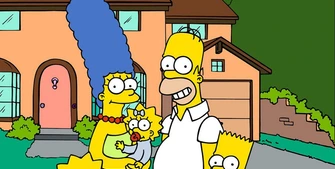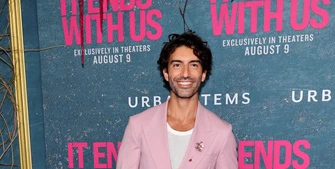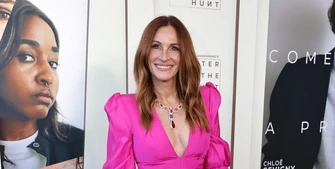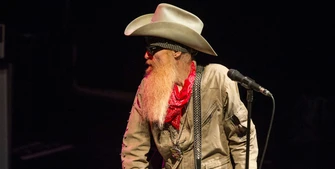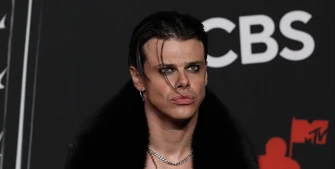Ben Fogle admits things could have been 'very different' for him had he not found fame on Castaway
Ben Fogle thinks things "could have turned out very differently" had it not been for reality television
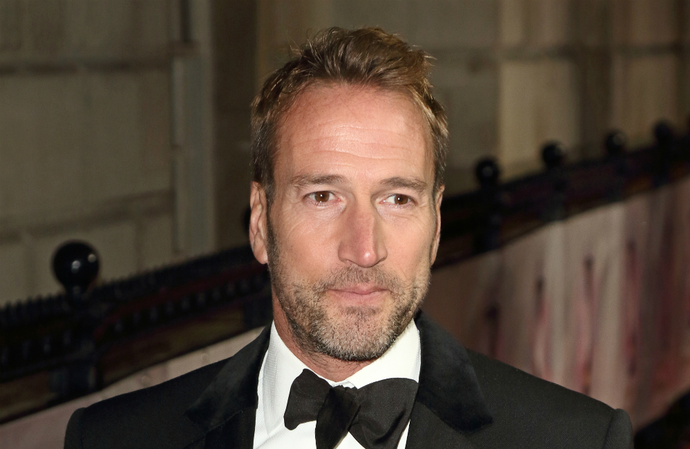
Ben Fogle thinks things "could have turned out very differently" for him had he not decided to try out reality television.
The 51-year-old broadcaster rose to fame as a contestant on the BBC show 'Castaway 2000' and almost exactly 25 years later, has admitted that his success is more down to "luck" than anything else.
Speaking on the 'White Wine Question Time' podcast, he told former 'Loose Women' anchor Kate Thornton: "A different roll of the dice and my life could have turned out very differently. Answering that advert for that very version of what we now know as a reality show, it was luck that I saw it. It was luck that I decided to answer because it was very unlike me.
"It wasn't the kind of thing that I had a habit of doing, reality TV didn't exist. So no one could understand what I want to say was a very good job as a picture editor, but my parents were still subbing me. My salary was so tiny that was still living at home. I could hardly pay the bills that I had but it was a job."
The former 'Countryfile' host has fronted a variety of shows over the years that focus on nature and geography but admitted that he "didn't know" any of that would come after his first stint on television, and "definitely" wasn't prepared for the recognition that came his way.
He said: "I was cutting the cord, it was a whole year. I genuinely didn't know that there would be opportunity. I was going to be filmed for a year, that sounded quite glamorous.
"None of us were [prepared] I've kind of joked about it, but the cast thought this was sort of an open university type of experiment, we thought it would be some bushy eyebrowed academics. The fact that it had huge audience and was effectively billed as entertainment, which it was, meant that we were catapulted into living rooms."

